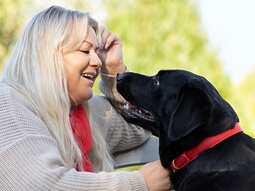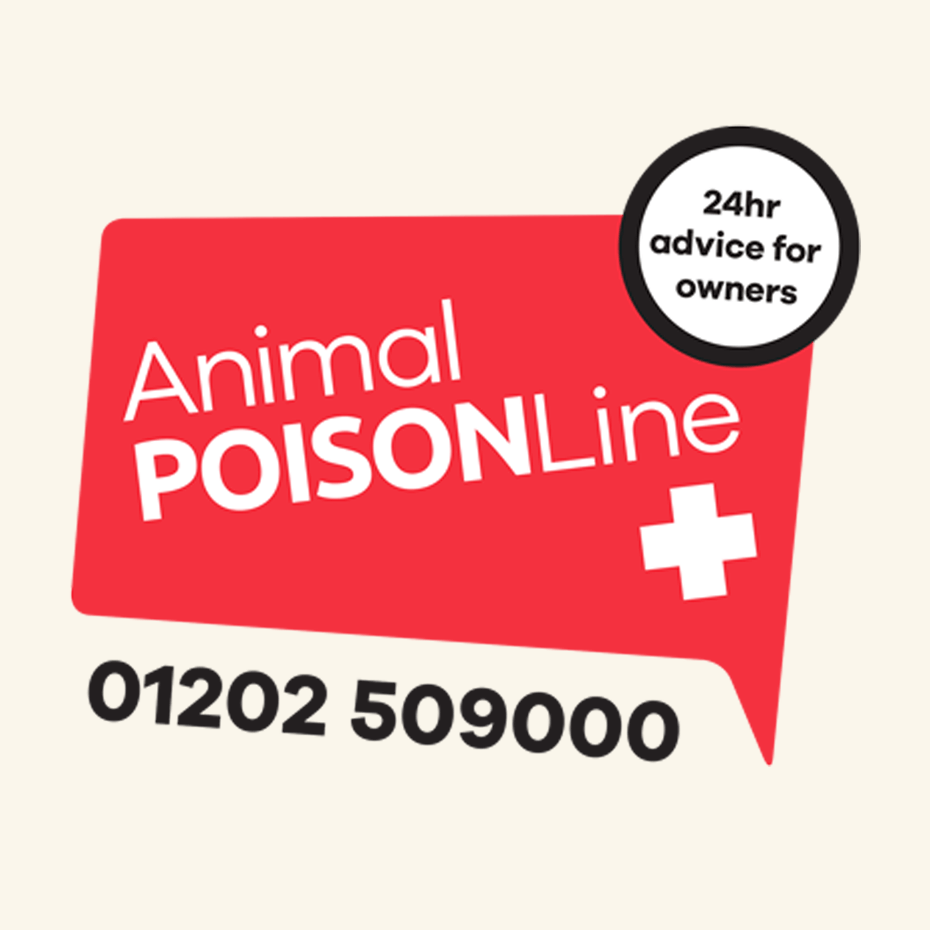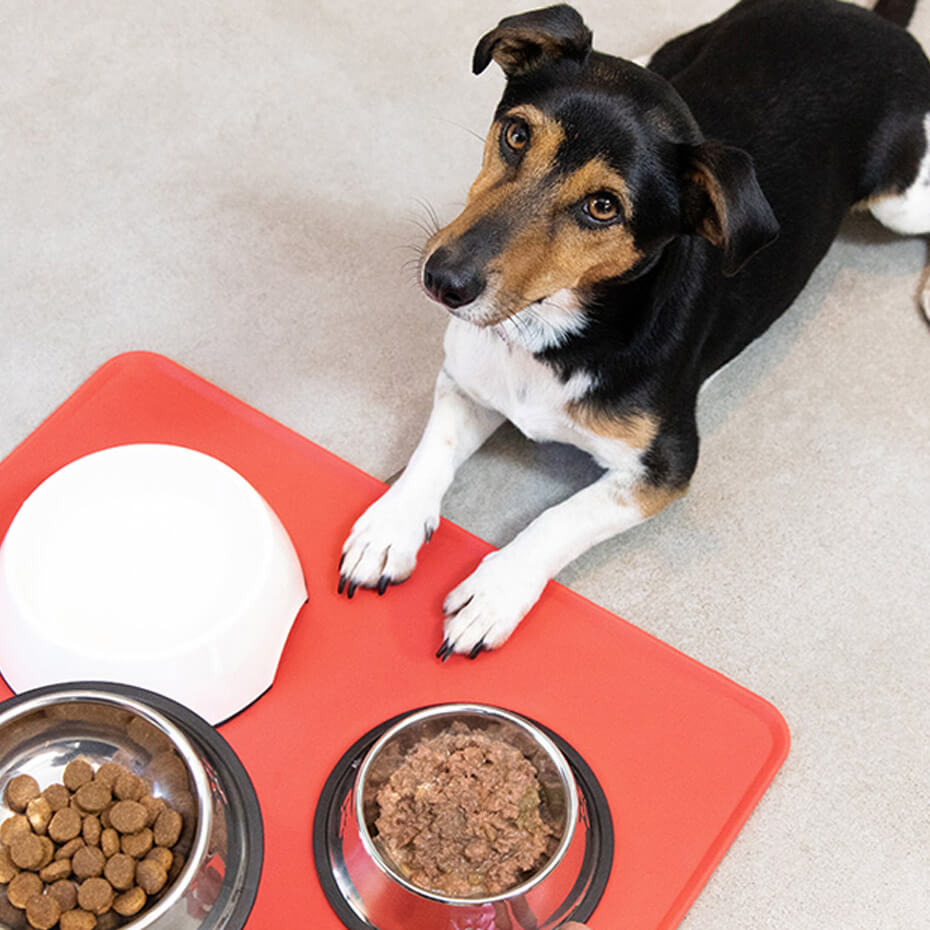
From sizzling bacon in the morning to lunch-time sausages and aromatic pork ribs for dinner, there are so many opportunities for dogs to get excited when pork is on the family menu. But should pork be added to your dog’s menu too?
Here is what you need to know before you give in to those pleading eyes and hand over a piece of your pork chop dinner to your canine companion.
Can dogs eat pork?
Unfortunately, there is no straight answer to this question. Pork comes in a variety of forms – cooked or raw, bones or no bones – so there’s no simple ‘yes’ or ‘no’ answer. It depends on the type of pork and how it’s cooked and served.
Pork can take many different guises. It’s not just bacon and ham that dogs might be begging for, there’s also the pepperoni on a pizza slice or the smell coming from a hot dog van that can get tails wagging straight away.
Pork is generally considered safe for dogs, but it’s not always healthy and there are a few types of processed meat that are better left entirely off the canine menu. If your dog is a fan of pork, the best way to serve it is by just giving a little bit as a treat, and making sure this is simply cooked without any of the bells and whistles that we humans enjoy so much.
Your dog can eat pork as long as there is no seasoning, sauces, condiments, onions or other ingredients that can be potentially toxic. Pork has a high fat content, which is why it’s better suited for treat time every once in a while than added to your dog’s diet as a staple. If in doubt, always check with your vet before making pork a regular addition to your dog’s diet.
Can dogs eat raw pork?
It is not recommended for dogs to eat raw pork. Raw or undercooked pork meat might contain trichinella parasites which can infect both dogs and humans, and there’s also the risk of contamination with a range of harmful bacteria. For these reasons, it’s always best to cook pork before handing it over to your dog.
Although infections with trichinella are rare, the disease can be serious. If your pet has managed to get their paws on a piece of raw pork, look out for the following signs:
- Vomiting
- Diarrhoea
- Lethargy
- Fever
- Stiffness
Get in touch with your vet if you notice one or more of the symptoms above.
Can dogs eat pork bones?
Dogs love to chew on bones, so it’s likely that you’ll be deeply appreciated by your canine friend if you throw a pork bone in their direction at dinner time. However, pork bones aren’t the best choice for a dog treat. Cooked pork bones are fragile, meaning that small pieces can easily splinter off and get stuck in your pet’s throat or damage their mouth or other internal organs. Raw pork bones are less brittle, but there’s still a risk of splintering and a range of other problems, so it’s not recommended to feed them. Find out more about the risks of feeding bones to your dog here.
If your dog loves a good chew, there are many specially-formulated dog dental chews they can have. They’re just as tasty as the pork bone they’re craving and much safer to give.
Can dogs eat bacon?
If the smell of sizzling bacon gets your dog’s attention like nothing else, it’s important not to give in and feed them too much of this tasty meat. Keep in mind that bacon not only has lots of flavour, but also plenty of fat which might prove too much for your pet’s stomach to handle.
An upset tummy is not the only concern when it comes to feeding bacon to your dog. The high fat content in bacon means it can be added to the list of possible causes for dog pancreatitis, a life-threatening condition.
As well as its high fat content, bacon is also high in salt, which can be unhealthy for your dog in excess. So if you want to feed bacon to your dog, only reserve a very small amount as a treat perhaps for training. Be careful to avoid fatty cuts, and if your vet has suggested your pet could have particular problems with fatty foods due to their risk profile or history of previous disease, it’s worth asking their advice first before feeding bacon to your dog.
Can dogs eat ham?
Much like bacon, ham is high in salt, and it also has a relatively high fat content. Ham therefore carries the same risks as bacon, so again it’s only appropriate in very small amounts as a training treat. Remember that your dog does not need either ham or bacon for nutritional value, and be careful not to overdo it because salty, fatty, or preserved meats can be unhealthy for your dog.
Can dogs eat cooked pork?
Yes, dogs can eat cooked pork in moderation, but just like with any other type of meat, it’s best to keep things simple when preparing a meaty treat for your pet. Save your condiments for the family dinner, and give your canine companion a plain and simple piece – just a little bit as a treat.
Make sure you remove the fat before giving pork to your dog, as too much fat can cause a stomach upset. You should always remove bones too, as they’re a choking hazard and can quickly splinter off into sharp pieces that could damage your dog’s digestive system.
Even though the question ‘can dogs eat pork’ is not straightforward, the simple takeaway is that while pork is not a necessary addition to the canine diet, it can be an occasional treat. If you want to spoil your pet with this tasty meat, offer it in moderation, always cooked and never with bones or seasoning. It’s also always worth removing the fat first, and checking with your vet beforehand if they’ve advised that your pet could have problems with fatty foods. Similarly, if you want to add pork to your dog’s regular menu, always check with your vet first.
Curious to find out what other human foods dogs can or cannot eat? Check out our dog feeding guides for more advice.









